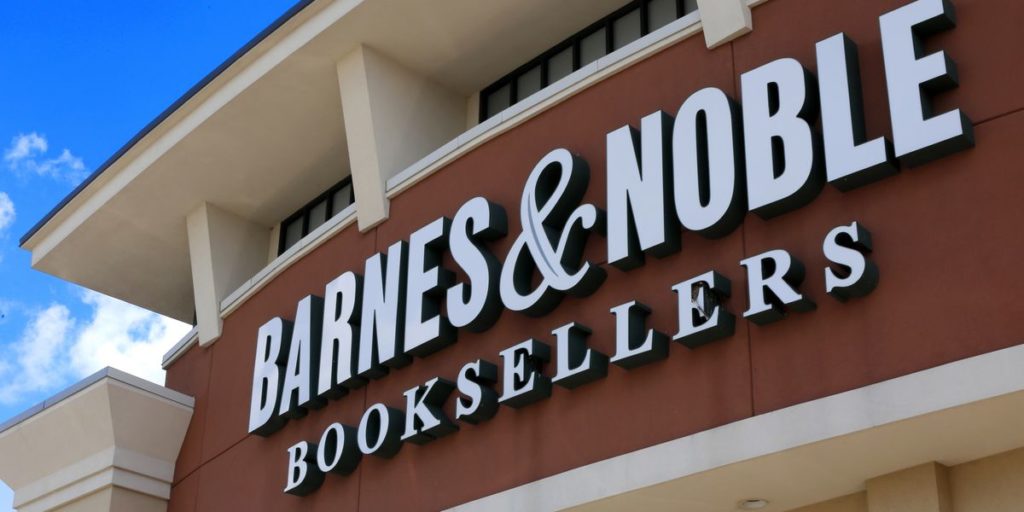Barnes and Noble is weighing its options after several parties expressed interest in buying the struggling bookseller.
The company said Wednesday that its board appointed a special committee to review the offers, including one from its founder and chairman, Leonard Riggio, who is credited with turning Barnes & Noble into a bookselling giant.
Shares in New York-based Barnes & Noble Inc. stock shot up 23 percent in after-hours trading following the announcement. They had closed Wednesday down 30 percent for the past year.
Once demonized for killing off local bookstores with its superstores, Barnes & Noble has been struggling in recent years with competition from Amazon and changing consumer preferences.
“If they can pull something out to save the company that would be great, but they have a real uphill climb,” said Craig Johnson, president of Customer Growth Partners. “They’ve hung in there despite Amazon and all the rest of it. But the bookstore that solely sells books and periodicals is unfortunately a relic of the past.”
Despite the strong headwinds facing brick and mortar retailers, some analysts believe there’s still a place for bookstores in readers’ hearts.
“Consumers want unique experiences and escapes — we think they are finding that in independent bookstores,” said David Schick, managing partner at Consumer Edge Research. “Consumers want to feel a connection to their stores. We do believe Barnes & Noble can make some enhancements that could matter, but it will take time and investment.”
According to FactSet, Riggio owns 19 percent of the company and is its largest shareholder. He said he will vote in favor of any transaction recommended by the committee.
Riggio served as CEO from when Barnes & Noble was founded in 1986 through 2002 and then again from late 2016 through April 2017.
Whoever buys the company will have to find a way to bring something more to the table besides selling books, which are often available cheaper elsewhere, Johnson said.
“If it is Riggio, if he had some secret sauce to reinvent the bookstore for the 21st century, why hasn’t he done that in his time there?” Johnson asked.
The company also says it’s adopting a shareholder rights plan after noticing an unidentified party or parties rapidly accumulating its stock. The so-called poison-pill plans are often used by companies to defend themselves against hostile takeovers by diluting the value of a would-be acquirer’s investment.
(AP)












One Response
If B&N sold out to Half Price Books, their stores could become useful again.